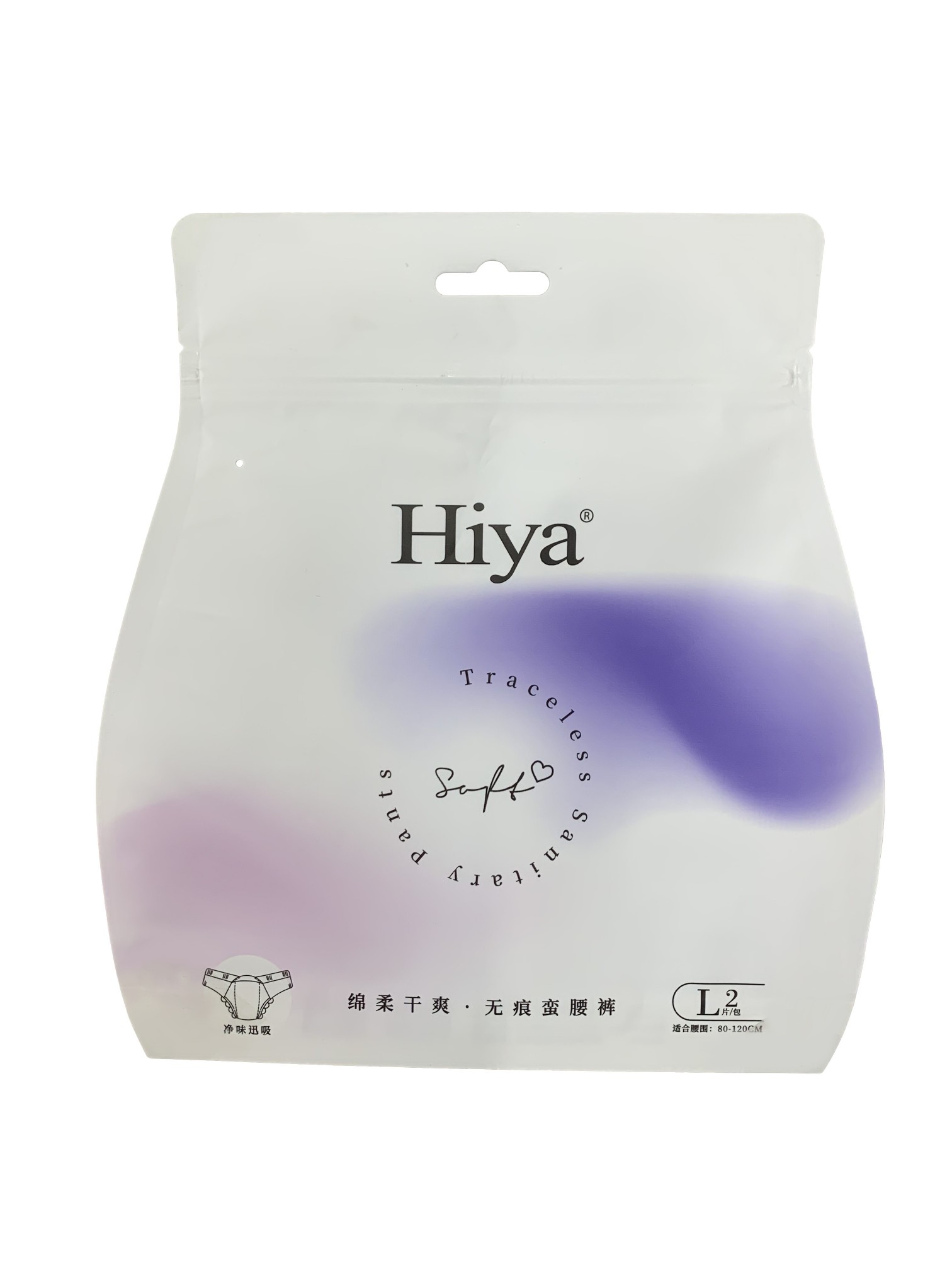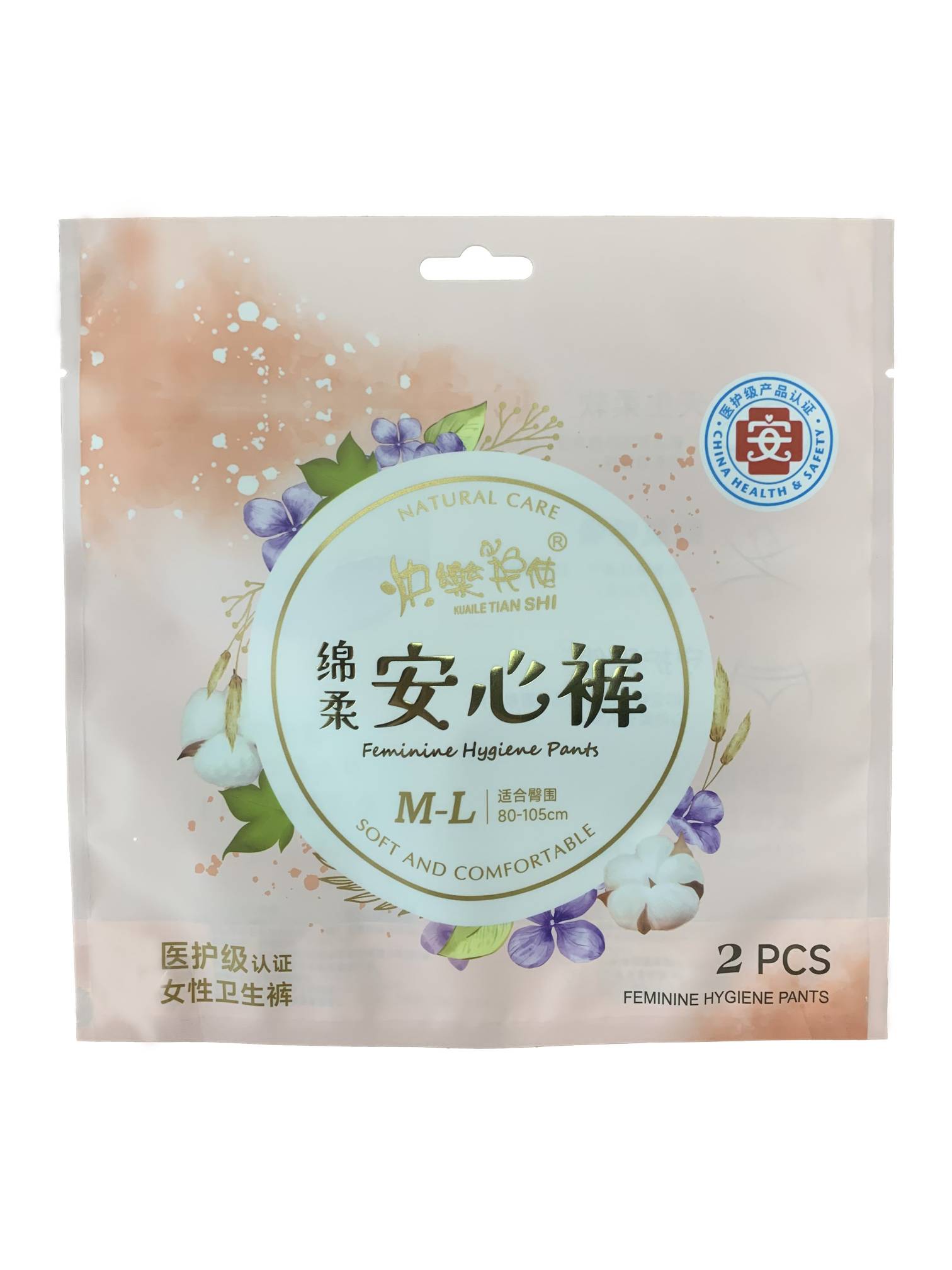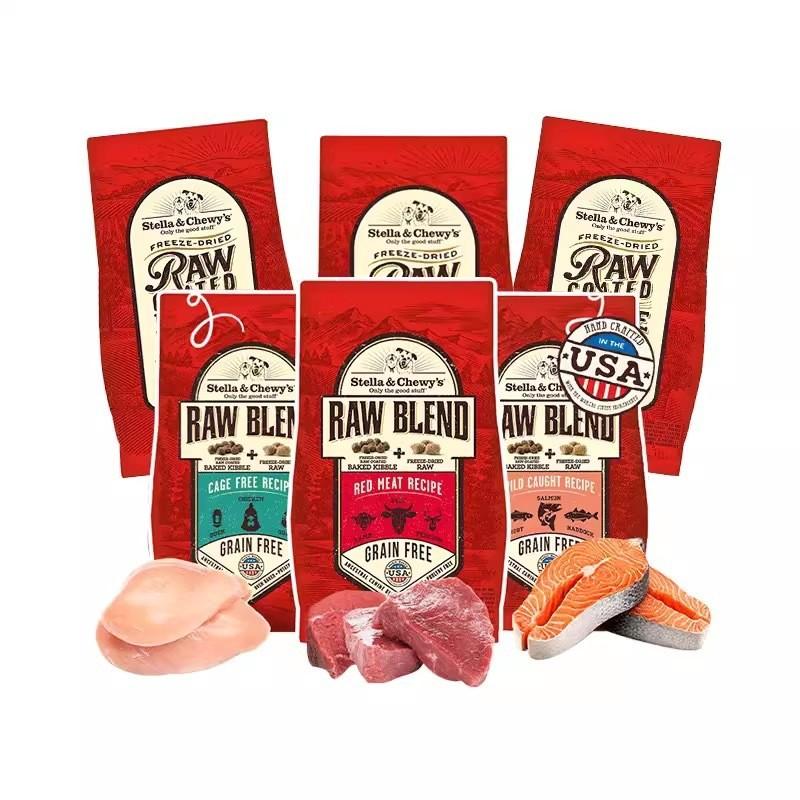Author:Tansox Packaging Poly Bags Manufacturer TIME:2025-04-25
Large resealable plastic bags have become a staple in everyday life, thanks to their convenience and versatility. Whether it's for food storage, organizing items, or packing for travel, these bags offer a reliable solution. However, with the growing concerns over environmental sustainability, many people are questioning if these bags can be reused. This article explores the topic of reusing large resealable plastic bags, examining their durability, potential for reuse, and the best practices to ensure they are used responsibly. By understanding their environmental impact and how to maintain their usefulness, we can make better decisions for both personal use and the planet.
Large resealable plastic bags are typically made from low-density polyethylene (LDPE) or other similar plastic materials, which provide a lightweight yet durable structure. These bags are designed with a zipper or press-seal mechanism that allows users to open and close the bag multiple times without compromising its integrity. Commonly used for food storage, these bags are also utilized for packing clothes, organizing household items, and even in shipping and storage. Their airtight seal helps to protect contents from moisture, dirt, and external contaminants, making them highly practical in various scenarios.

The main question when it comes to reusing large resealable plastic bags is whether they are durable enough for multiple uses. The answer largely depends on the quality of the plastic and how well the bags are maintained. High-quality resealable bags can withstand repeated use without significant wear and tear. The zipper or seal can stay intact through many cycles of opening and closing, as long as the bags are used for appropriate purposes and not overloaded. However, if bags are punctured, torn, or exposed to harsh conditions, their effectiveness in keeping contents safe may decrease. Thus, it is important to assess the bag’s condition before deciding to reuse it for sensitive items like food.

When it comes to reusing large resealable plastic bags for food storage, hygiene is a key consideration. After using these bags to store fresh produce, meat, or other food items, it is essential to clean them thoroughly before reuse. If a bag has held raw meat or oily substances, it is advisable to wash it with soap and water, and perhaps sanitize it with mild disinfectants. For foods that do not require high hygiene standards, such as dry snacks or non-perishable items, reusing the bag is more feasible. However, it's crucial to inspect the bag for any residue or wear that could compromise its ability to keep food fresh and safe. Always use caution when reusing plastic bags for food storage to prevent contamination or spoilage.
From an environmental perspective, reusing plastic bags can help reduce the overall amount of waste generated, as it prevents the need for constantly buying new bags. Single-use plastic products have become a major environmental issue due to their persistence in landfills and oceans. By reusing plastic bags, individuals can help decrease the demand for new plastic products, contributing to a reduction in plastic pollution. However, the bags themselves still pose a challenge in terms of their recyclability. While LDPE plastic can be recycled in certain facilities, many recycling programs do not accept this material. Therefore, reusing plastic bags as much as possible is a practical step towards reducing their environmental footprint, but it is also essential to seek out proper recycling solutions when the bags are no longer usable.
While reusing large resealable plastic bags is a viable option, it's not the only solution for those looking to reduce their environmental impact. There are several sustainable alternatives that can be considered. One popular option is using reusable cloth bags or containers made from glass or stainless steel. These materials are more durable, can be washed and reused multiple times, and have a significantly lower environmental impact compared to plastic. Another alternative is biodegradable or compostable bags that break down more quickly in the environment. While these options may require an initial investment, they can be a long-term solution for those committed to minimizing their environmental footprint.
To maximize the reuse of large resealable plastic bags, it is essential to clean and maintain them properly. After each use, rinse the bags thoroughly to remove any food particles, liquids, or debris. For food storage bags, washing them with warm soapy water is generally sufficient. If the bags are stained or have strong odors, a mixture of baking soda and water can help neutralize odors and clean tough stains. It's important to let the bags dry completely before reusing them, as any moisture left inside can lead to mold or bacteria growth. By taking the time to clean and dry the bags properly, you can extend their lifespan and use them safely for various purposes.
Despite the environmental concerns surrounding plastic, large resealable plastic bags offer several practical benefits that make them a worthwhile option for reuse. One of the most notable advantages is their convenience. They are lightweight, flexible, and come in a variety of sizes, making them perfect for a wide range of applications. Whether you're storing food, organizing small items, or packing for a trip, resealable bags provide a simple and effective solution. Additionally, their ability to seal in freshness and protect contents from moisture or contamination adds to their value. When reused properly, these bags can continue to provide these benefits for an extended period, reducing waste and saving money on disposable alternatives.

In conclusion, large resealable plastic bags can indeed be reused, provided they are in good condition and properly maintained. By cleaning them thoroughly and assessing their durability, you can extend their lifespan and minimize their environmental impact. While plastic bags are not a perfect solution, reusing them is a step in the right direction toward reducing waste and promoting sustainability. However, it's important to also explore alternative options such as reusable containers and biodegradable bags to further reduce reliance on plastic. Ultimately, making responsible choices with plastic bags can contribute to a more sustainable future while still offering practical benefits in everyday life.